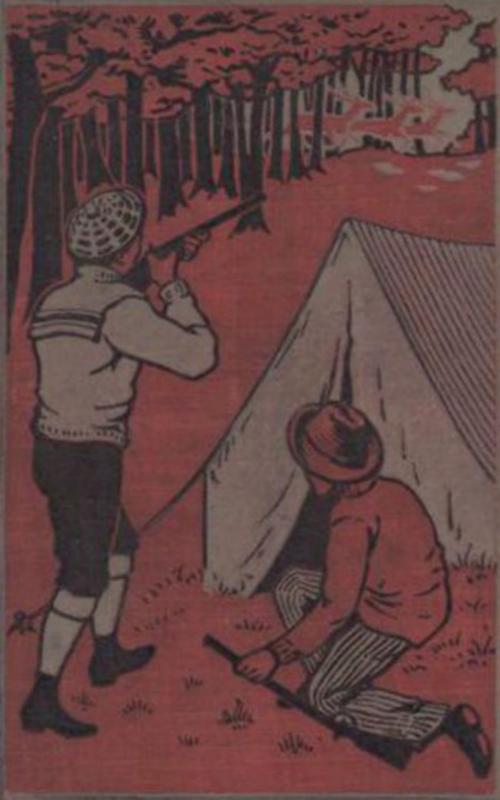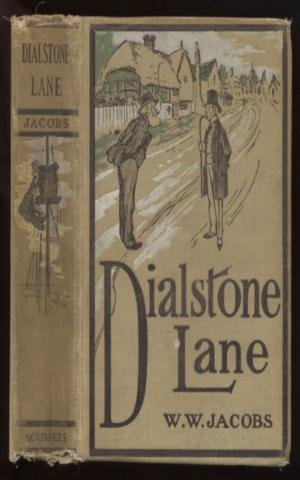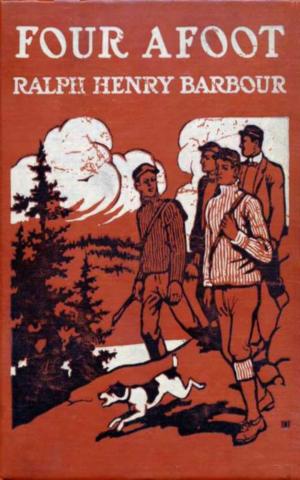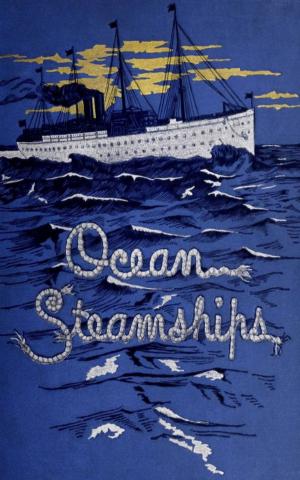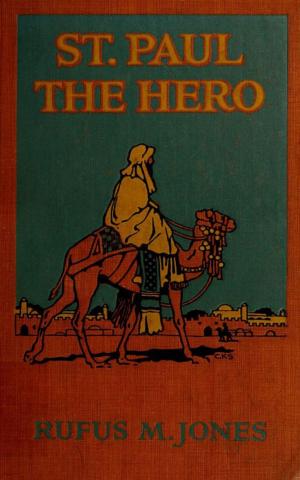| Author: | Edward Sylvester Ellis | ISBN: | 9783736415041 |
| Publisher: | anboco | Publication: | September 8, 2016 |
| Imprint: | Language: | English |
| Author: | Edward Sylvester Ellis |
| ISBN: | 9783736415041 |
| Publisher: | anboco |
| Publication: | September 8, 2016 |
| Imprint: | |
| Language: | English |
Along the eastern bank a small Indian canoe, containing a single individual, was stealing its way—"hugging" the shore so as to take advantage of the narrow band of shadow that followed the winding of the stream. There were no trees on either side of the river, but this portion was walled in by bluffs, rising from three or four to fully twenty feet in height. The current was sluggish and not a breath of air wrinkled the surface on this mild summer night. It was in the wildest part of the Indian country, and Tom Hardynge, the hunter, runner and bearer of all dispatches between the frontier posts in the extreme southwest, knew very well that for three days past it had been his proverbial good fortune, or rather a special Providence, that had kept his scalp from ornamenting the lodge of some marauding Comanche or Apache. Tom was one of the bravest and most skillful of borderers in those days, and had been up in the Indian country to learn the truth of numerous rumors which had come to the stations, reports of a general uprising among the redskins, with whom the peace commissioners had succeeded in negotiating treaties after months of diplomacy. After spending more than a week in dodging back and forth, in the disguise of an Indian he had learned enough to feel that there was good foundation for these rumors, and that the exposed stations and settlements were in imminent peril. As soon as he was assured of this fact he started on his return to Fort Havens, which still lay a good three days' travel to the southwest. It was Tom's purpose to continue his descent until the following night, when, if nothing unexpected should intervene, he hoped to reach the point where he had left his mustang, and thence it would be plain sailing for the rest of the way.
Along the eastern bank a small Indian canoe, containing a single individual, was stealing its way—"hugging" the shore so as to take advantage of the narrow band of shadow that followed the winding of the stream. There were no trees on either side of the river, but this portion was walled in by bluffs, rising from three or four to fully twenty feet in height. The current was sluggish and not a breath of air wrinkled the surface on this mild summer night. It was in the wildest part of the Indian country, and Tom Hardynge, the hunter, runner and bearer of all dispatches between the frontier posts in the extreme southwest, knew very well that for three days past it had been his proverbial good fortune, or rather a special Providence, that had kept his scalp from ornamenting the lodge of some marauding Comanche or Apache. Tom was one of the bravest and most skillful of borderers in those days, and had been up in the Indian country to learn the truth of numerous rumors which had come to the stations, reports of a general uprising among the redskins, with whom the peace commissioners had succeeded in negotiating treaties after months of diplomacy. After spending more than a week in dodging back and forth, in the disguise of an Indian he had learned enough to feel that there was good foundation for these rumors, and that the exposed stations and settlements were in imminent peril. As soon as he was assured of this fact he started on his return to Fort Havens, which still lay a good three days' travel to the southwest. It was Tom's purpose to continue his descent until the following night, when, if nothing unexpected should intervene, he hoped to reach the point where he had left his mustang, and thence it would be plain sailing for the rest of the way.
